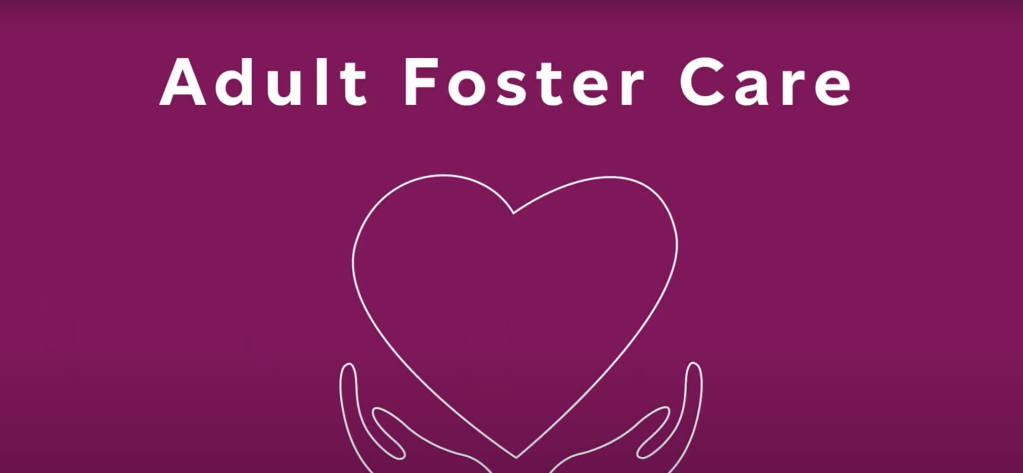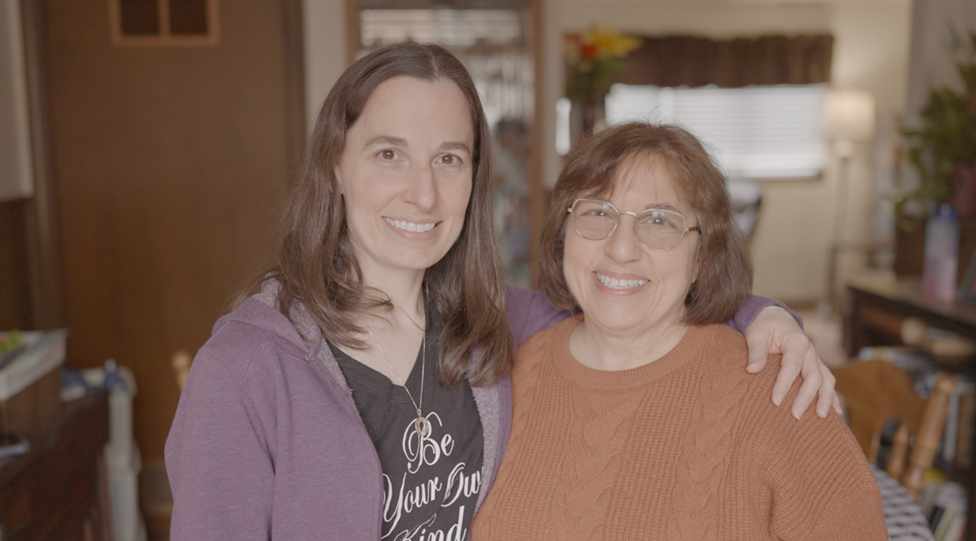
Understanding Atrial Fibrillation: Symptoms, Triggers, and the Link with Sleep Apnea
Atrial fibrillation (AFib), also called an irregular heartbeat or arrythmia, is a condition in which the upper chambers of the heart (atria) flutter due to irregular electrical stimulus. This creates chaotic, frantic heartbeats that lead to shortness of breath, fatigue, and other symptoms. In the United States alone, more than 2.7 million people experience irregular heartbeats.
AFib on its own isn’t usually a life-threatening condition, but it is serious and will sometimes require emergency treatment. One major concern is the possibility of developing blood clots in the atria. These might end up circulating through the blood stream, blocking blood flow to other organs or even causing a stroke. If a loved one you’re caring for has AFib, it’s important to be aware of what symptoms they experience and consult a doctor to help avoid future complications. Read on to learn more about AFib, including steps to take if the condition is affecting your loved one at night.
Common Triggers of Atrial Fibrillation
An atrial fibrillation can be caused by underlying health issues or triggered by environmental factors. Some of the most common triggers of irregular heartbeats include:
- Fatigue
- Anxiety or extreme happiness
- Caffeine
- Recent surgery
- Alcohol
- Hormone fluctuations
- Physical exertion
- Medications (such as nasal spray decongestants)
- Dehydration
When a specific trigger causes an atrial fibrillation, symptoms can often be prevented by avoiding the activities or habits that cause them. There are also a variety of techniques used by medical professionals to reset the heart’s natural beat and monitor a situation more closely to identify what a patient’s trigger is.
Atrial Fibrillation Symptoms at Night
Many AFib patients experience atrial fibrillation symptoms at night. This is sometimes due to pacemaker activity triggering irregular heartbeats when the heart rate slows down during sleep. People who have sleep apnea especially are at greater risk of heart disruptions and an irregular heartbeat. If your loved one experiences AFib in combination with sleep apnea or other sleep issues, the issue should certainly be brought up with a doctor. By some estimates, 50 to 80% of patients that experience atrial fibrillation also have sleep apnea. While the link between these two conditions is not fully understood, untreated sleep apnea leads to an increased risk of AFib complications. One theory as to why this happened is that the changes in breathing resulting from sleep apnea increase blood pressure and place greater stress on the heart. There is also some data to suggests that poor sleeping habits and a lack of REM sleep also leads to an increased likelihood of atrial fibrillation symptoms at night. Taking this into consideration, it’s important to be mindful of changes in your loved ones’ sleep patterns and to seek medical advice if any other symptoms appear.
Atrial Fibrillation Treatment Options
In addition to therapies that act directly to do this specific thing for heart function, there are many other treatment options that specifically target symptoms of atrial fibrillation that occur at night. Sleep Positions. Getting a good night’s sleep is paramount for overall health, and it can also reduce episodes of irregular heartbeats. Many health professionals recommend sleeping on the left side. This has been shown to maximize blood flow and facilitate efficient breathing. Another recommendation is to develop a set nighttime routine, such as reading a book before bed or having a warm drink, to help the body wind down and prepare for sleep. Lifestyle Changes. Many of the lifestyle recommendations that can decrease atrial fibrillation also help for living a healthy life in general. This includes avoiding smoking, avoiding excessive drinking, and eating a healthy diet. It’s also recommended to engage in regular exercise such as aerobic activities or yoga. The use of biofeedback training and vagal maneuvers—activities that engage the vagus nerve, such as coughing—can also be employed to relax muscles and keep the body in sync. Breathing Devices. For cases of AFib that also involve sleep apnea, initial treatment usually focuses on the use of a continuous positive airway pressure (CPAP) device to improve breathing. If your loved one is experiencing AFib, it should warrant a certain amount of concern even if it isn’t an immediate cause for alarm. Maintaining a healthy lifestyle and getting an appropriate amount of restful sleep are two great ways to reduce the chances of recurring episodes, and consulting a doctor will allow you to rule out any underlying sleep complications. Need help caring for a loved one with AFib or other heart conditions? Learn more about Careforth’s coaching and support program for caregivers of Medicaid-eligible friends and family members.
More insights like this:
-

Massachusetts Adult Foster Care Eligibility Defined
Read more: Massachusetts Adult Foster Care Eligibility DefinedFor family caregivers, it’s crucial to create a community of support and utilize all the programs and resources available to you to improve your caregiver experience. In Massachusetts, the Adult Foster Care Program can be an excellent source of support, but eligibility can sometimes be overwhelming to navigate on your own. “The Massachusetts Adult Foster…
-

Georgia Structured Family Caregiving Eligibility Defined
Read more: Georgia Structured Family Caregiving Eligibility DefinedStructured Family Caregiving is a Medicaid program that helps beneficiaries safely remain in their homes, through payments and other support services. “Navigating Georgia Structured Family Caregiving can often seem like a daunting task,” says Melissa Comeau, Careforth’s Director of Care Management. “However, with guidance and support, one can better understand the process, handle…
